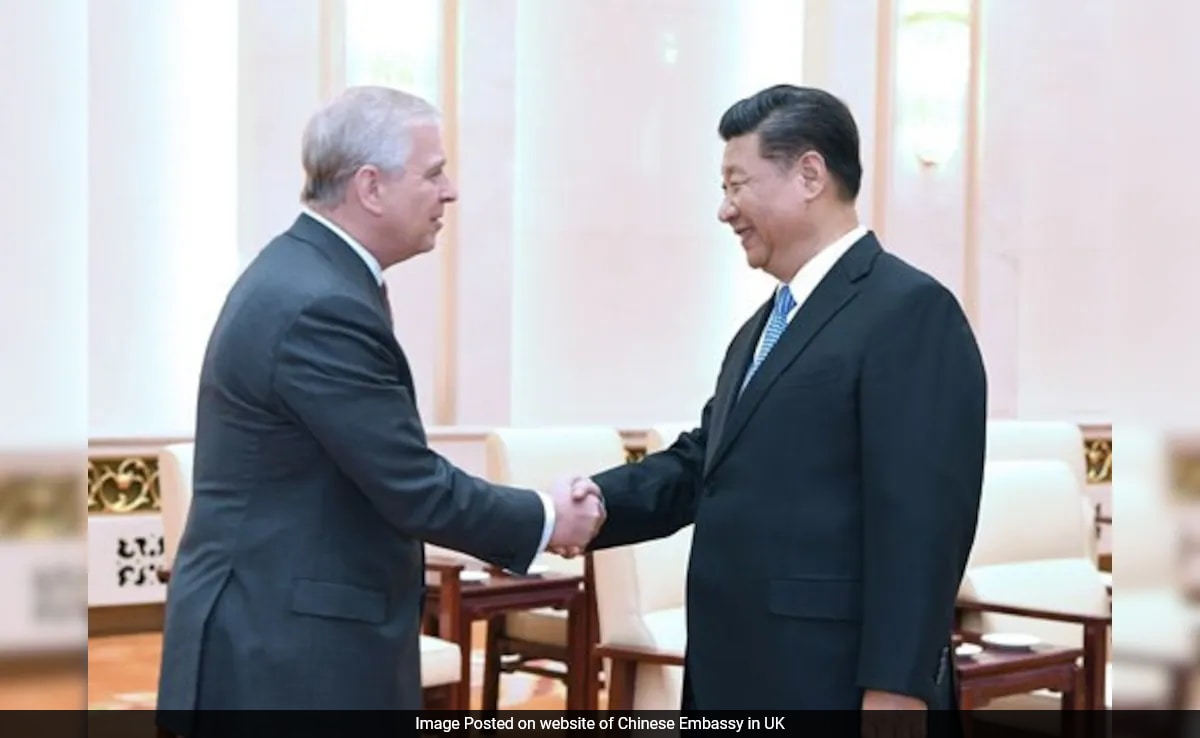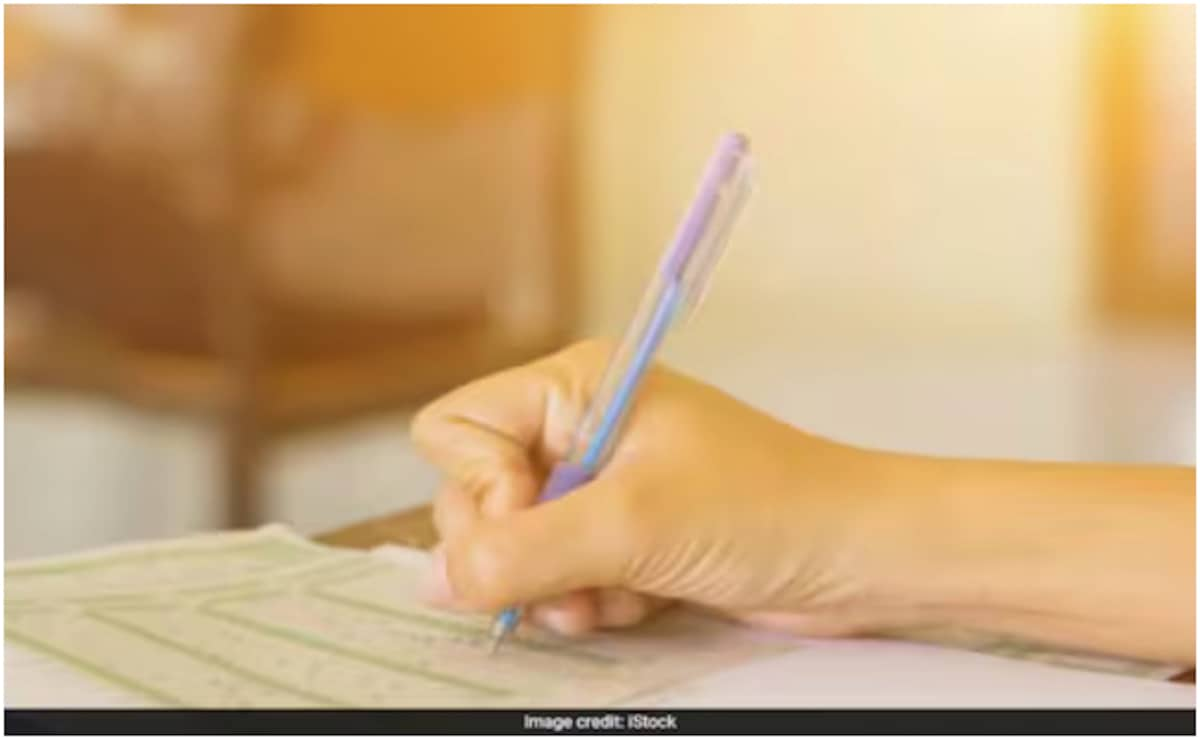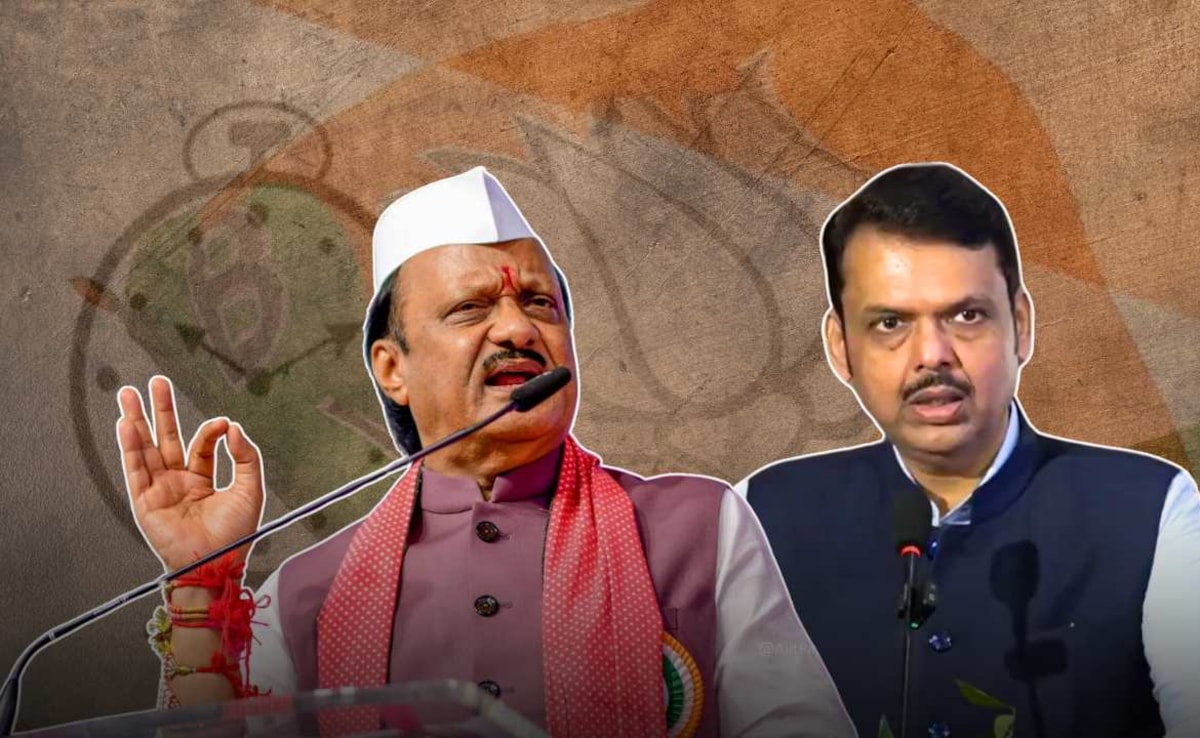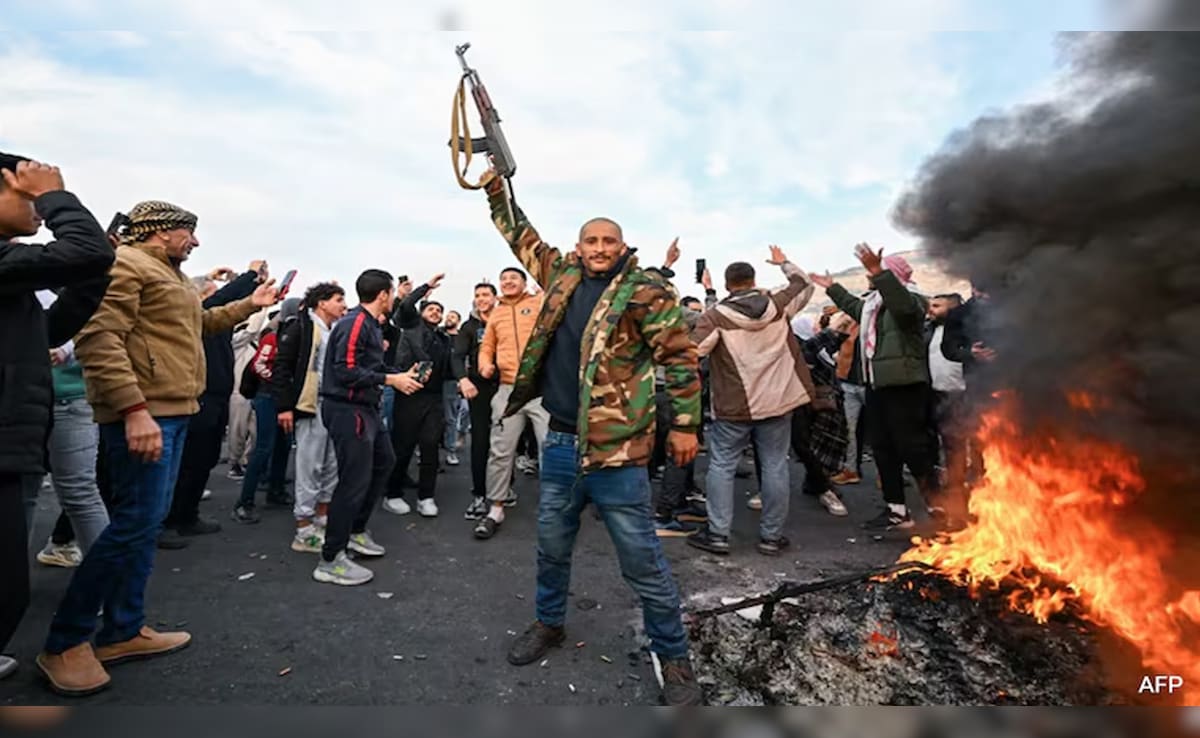The ‘H6’ Chinese spy row in the United Kingdom has once again brought the world’s focus on overseas espionage missions by the People’s Republic of China. Tengbo Yang, the Chinese man who cultivated close ties with Britain’s Prince Andrew, allegedly worked for the United Front Work Department (UFWD), an arm of the Chinese Communist Party (CCP).
China’s former supreme leader the late Mao Zedong once called UFWD one of the three “magic weapons” of the CCP. The other two were the People’s Liberation Army (PLA) and the party’s propaganda arm. China’s current President Xi Jinping reiterated Mao’s words in September 2014 while deliberating on the importance of United Front work– which is used by the CCP to co-opt and neutralize sources of potential opposition to its policies and authority across the world.
The existence of this ‘magic weapon’ was far from a secret for the world, but its shadowy overseas activities under the Jinping regime to win influence for China have become an increasing cause for concern among countries in Asia and the West alike.
What Is UFWD?
Mao once hailed the United Front as the key to the CCP’s triumph in the decades-long Chinese Civil War. But, after the war ended in 1949, the activities of this wing took a backseat. The United Front once again became active in the last decade under President Jinping’s tenure. After he became president in 2012, China adopted the confrontational “wolf warrior” diplomacy, with the country’s diaspora encouraged to “tell China’s story well”.
President Jinping’s version of the United Front is mostly consistent with that of Mao– to “build the broadest possible coalition with all social forces that are relevant”, Mareike Ohlberg, a senior fellow at the German Marshall Fund, was quoted as saying by BBC in a report.
On the surface, the UFWD is a legit CCP wing, with a website that reports many of its work published on it. However, the extent of its activities and approach is not very clear.
Per Ohlberg, “a key target that has been defined for United Front work is overseas Chinese”.
According to the US State Department, the United Front permeates every aspect of its extensive engagements with the international community. “It targets the highest levels of Western democracies, creates a permanent class of China lobbyists whose primary job is to sell access to high-level Chinese leaders to corporate America. The United Front has also penetrated deeply into state, local and municipal governments through a myriad of front organizations such as the CCP’s sister-cities programs, trade commissions, and friendship associations,” according to the State Department‘s statement on China’s coercive tactic abroad.
The organisation also seeks to influence public discussions about sensitive issues related to China and shape narratives about the country in foreign media. It also targets Chinese government critics abroad and co-opts influential overseas Chinese figures.
“United Front work can include espionage but [it] is broader than espionage,” said Audrye Wong, assistant professor of politics at the University of Southern California, according to a BBC report.
She explained that United Front activities centre on the broader mobilisation of overseas Chinese, apart from acquiring covert information from a foreign government.
This blurs the boundary between influence and espionage, especially in light of China’s 2017 law that mandates Chinese nationals and companies to cooperate with intelligence probes, including sharing information with the Chinese government. Ho-fung Hung, a politics professor at Johns Hopkins University, said that the 2017 law “effectively turns everyone into potential spies”.
According to the US-China Economic and Security Review Commission (USCC), UFWD is roping in ethnic Chinese individuals and communities living outside China to do its dirty jobs across countries along with the support of “key affiliated organizations guided by China’s broader United Front strategy.”
UFWD associates befriend, bribe or otherwise seduce figures of influence across the world, who can be won over to China’s cause. Elite figures, like in the case of Prince Andrew, can become both useful sources of information and agents of influence, who can be invited to smooth away any hostility that may get in the way of China’s narrative.
H6 Row in the UK
Details emerged last week about Prince Andrew’s relationship with Yang Tengbo, a businessman and alleged spy, who had been banned from Britain. UK’s Special Immigration Appeals Commission (SIAC) noted that Yang’s phone was examined by British officials when he was stopped at the UK border. The phone contained a letter addressed to the UFWD in Beijing, as well as a text message in which he admitted being one of its overseas members, discoveries that justified excluding him on grounds of national security.
On Thursday, British judges upheld a ban on Yang entering the country on the grounds that the government had been “entitled to conclude that his exclusion was justified and proportionate”. The ruling, in which Yang was referred to only as H6, said he was well placed to “generate relationships between senior Chinese officials and prominent UK figures which could be leveraged for political interference purposes by the Chinese State”.













